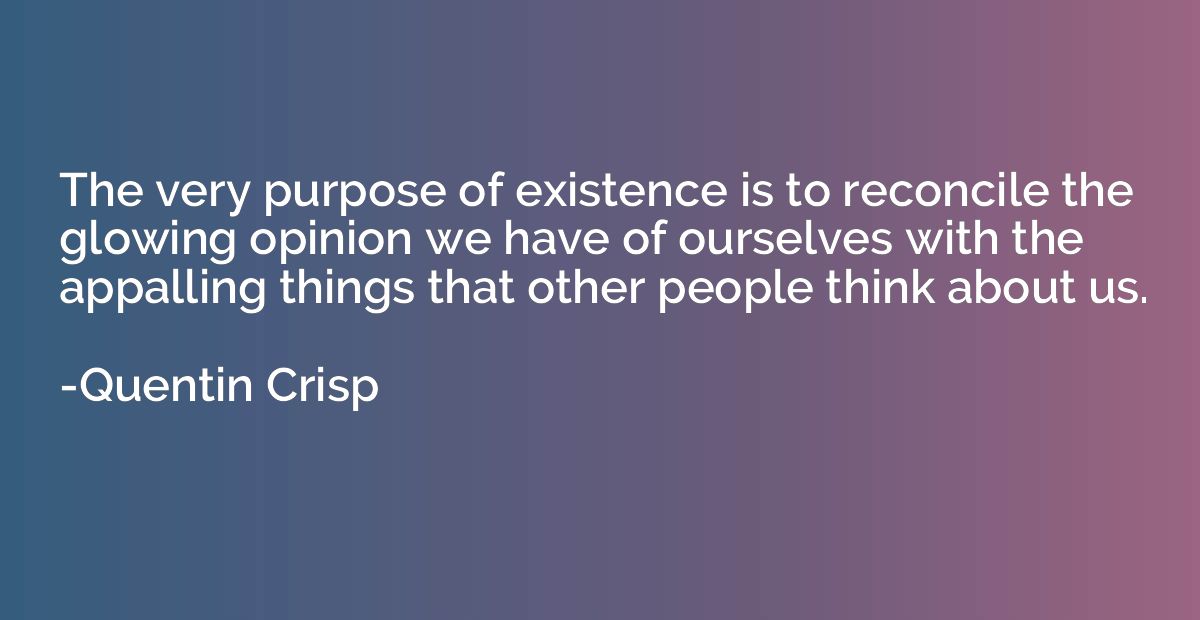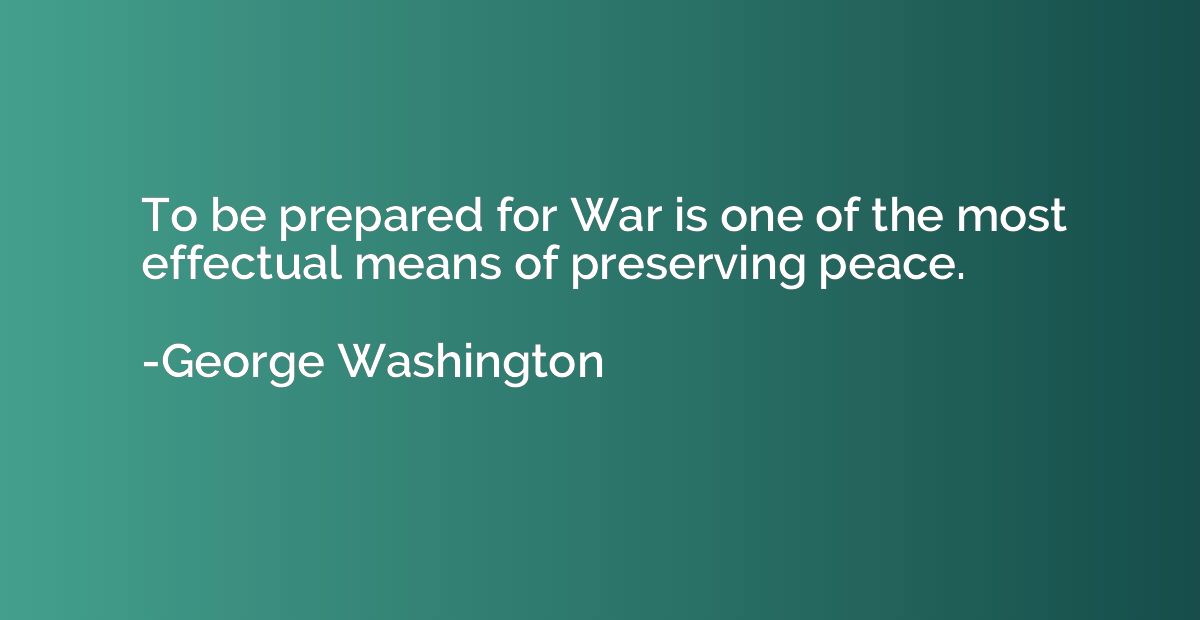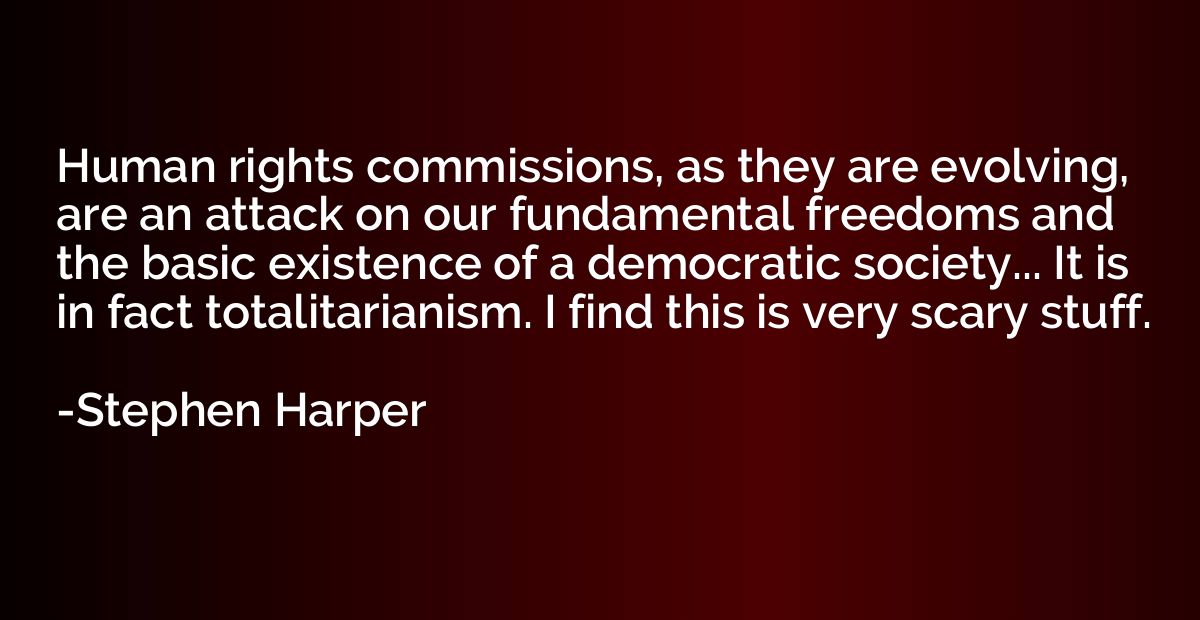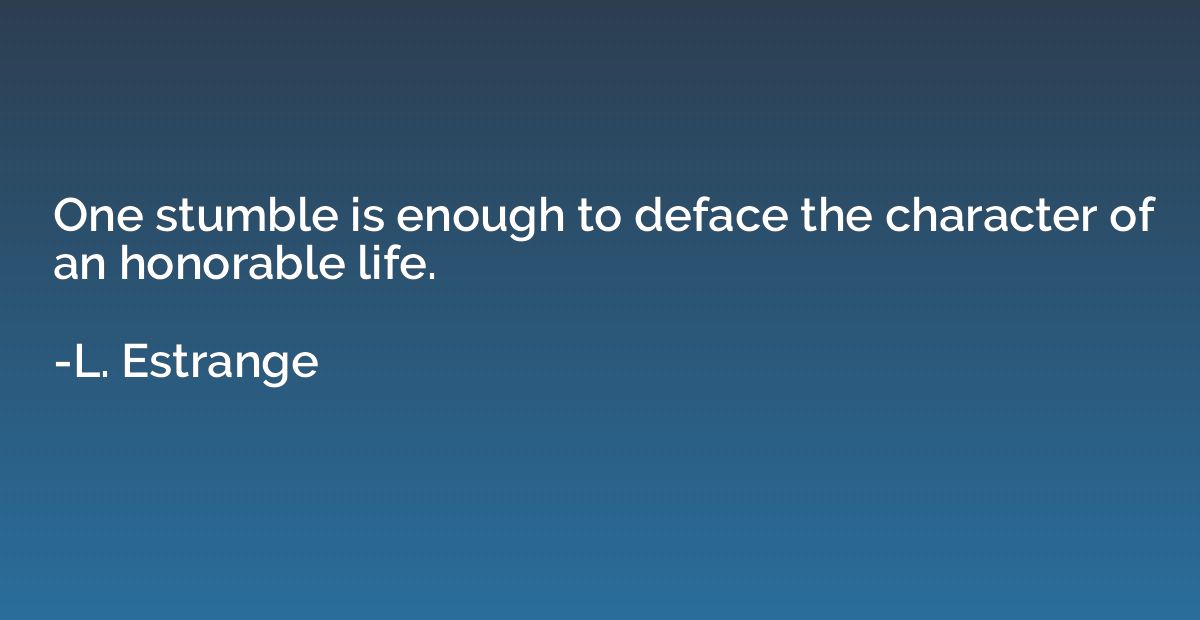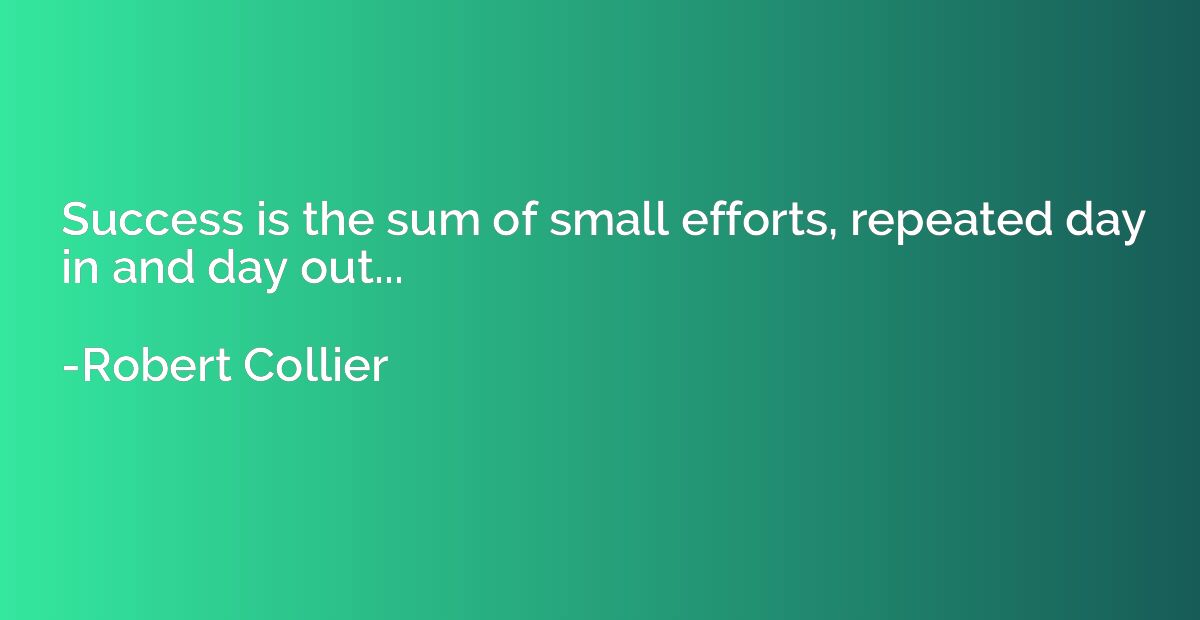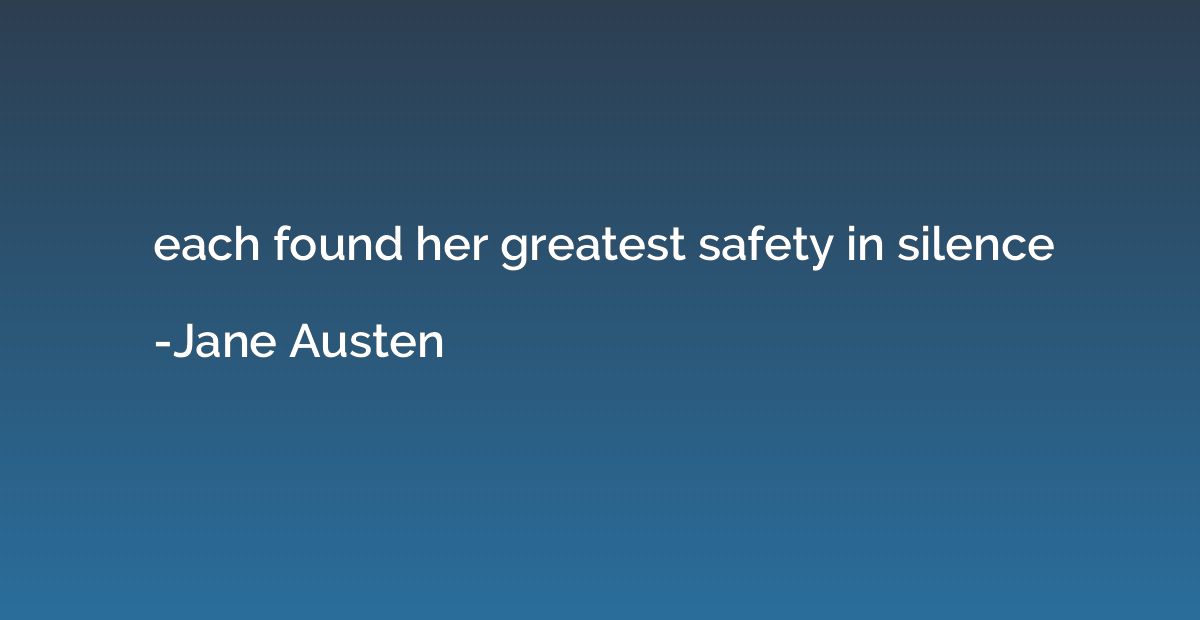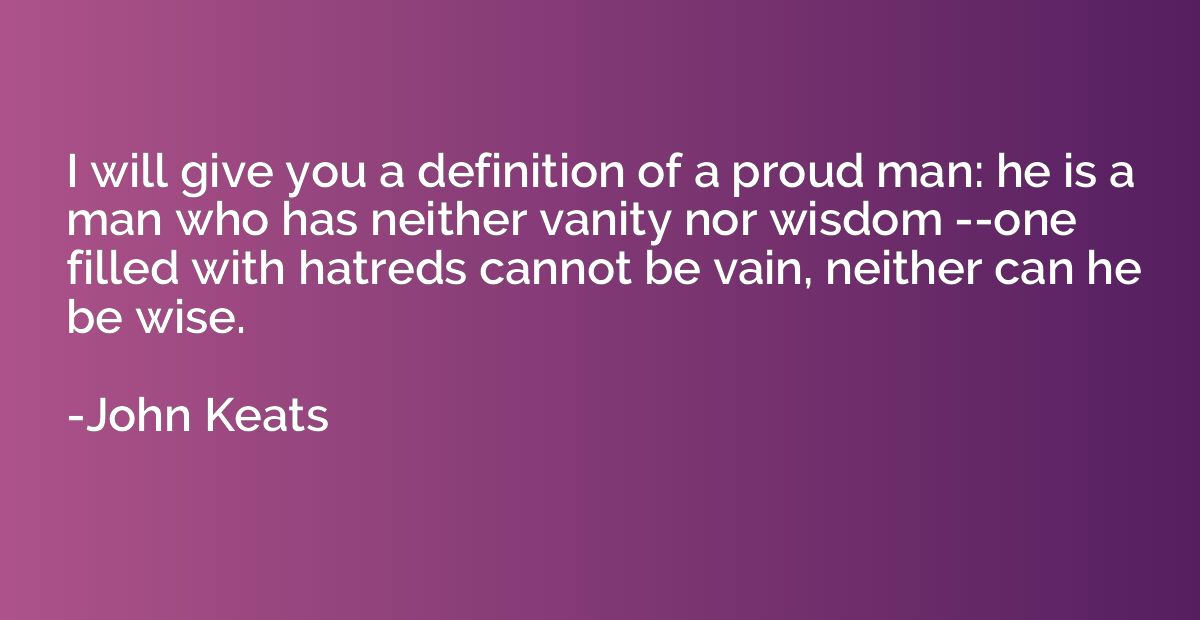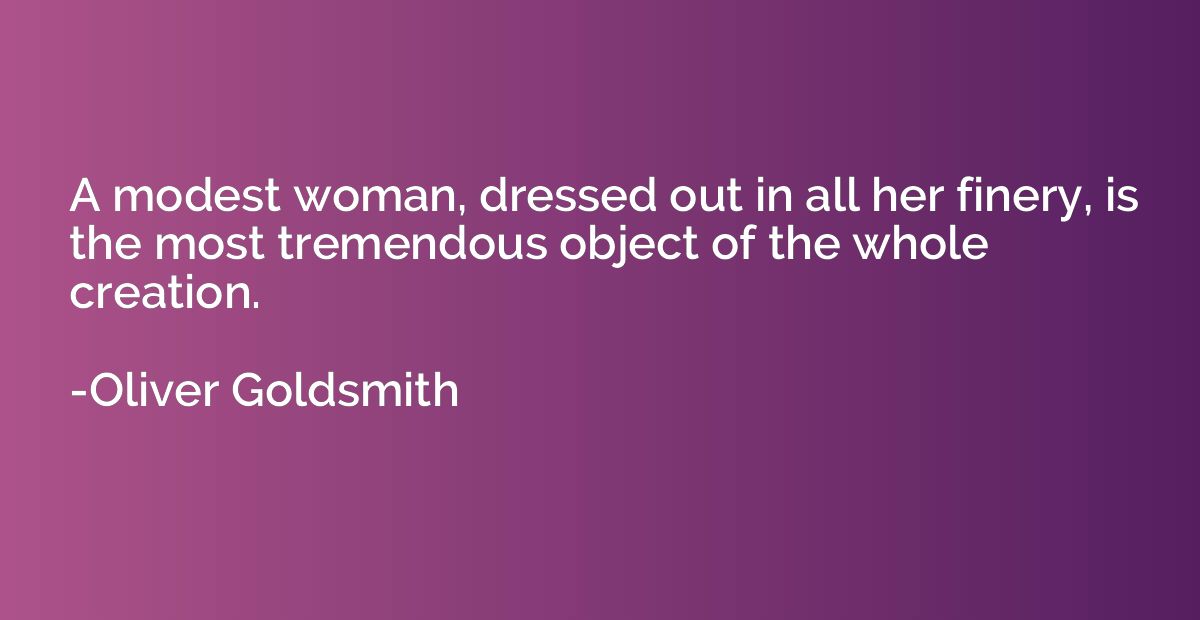Quote by Herman Cain
The 9-9-9 plan would resuscitate this economy because it replaces the outdated tax code that allows politicians to pick winners and losers, and to provide favors in the form of tax breaks, special exemptions and loopholes. It simplifies the code dramatically: 9% business flat tax, 9% personal flat tax, 9% sales tax.
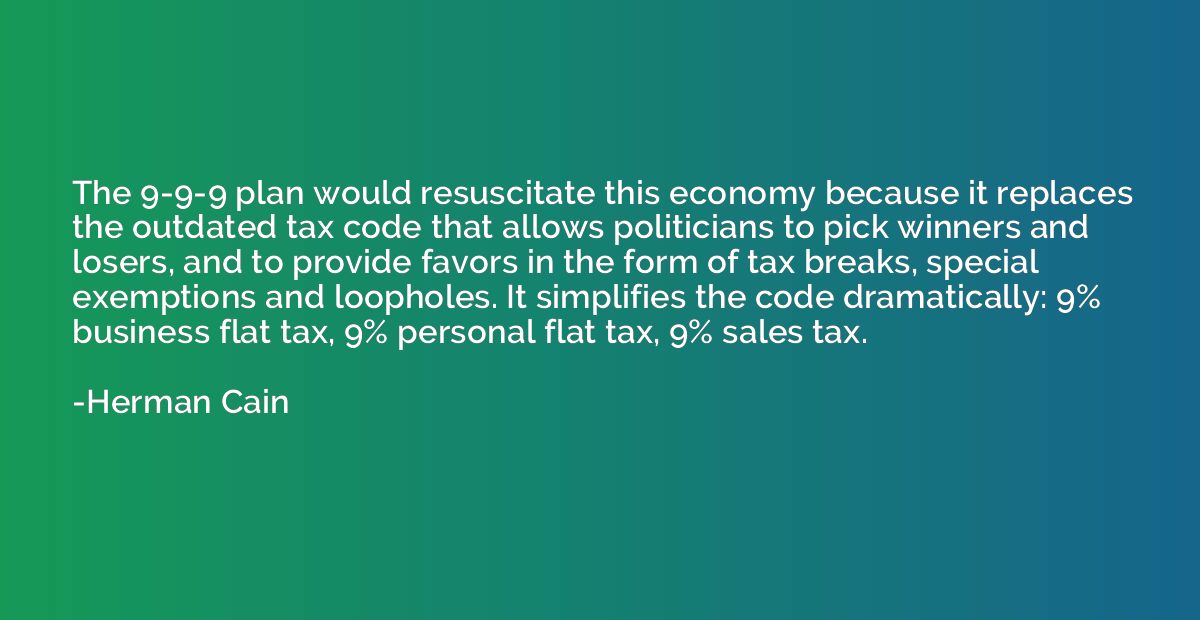
Summary
This quote is an explanation of the 9-9-9 plan, a tax reform proposal. It argues that this plan would revive the economy by replacing the existing tax code, which is considered to be outdated and manipulative by politicians. The plan aims to simplify the code by implementing a 9% flat tax for businesses and individuals, as well as a 9% sales tax. By doing so, it eliminates loopholes, special exemptions, and favors, creating a more equitable and efficient tax system. This proposed change is believed to encourage economic growth and avoid political interference in the tax system.
Topics
Business
By Herman Cain



